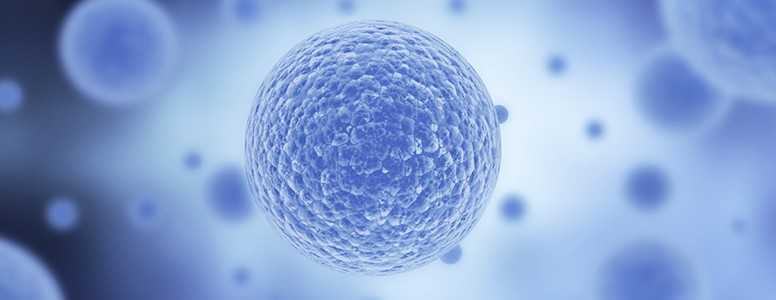New research conducted at the Mayo Clinic could be a first step towards preventing age-related metabolic disease and type 2 diabetes.
The study, conducted by researchers at the Mayo Clinic Robert and Arlene Kogod Centre on Aging, targets a group of cells called senescent cells, a group of “zombie cells” which contribute to frailty and age-related diseases. The aim of the study was to test the effects of certain drugs on senescent cells and age-related disease.
“Our work supports the possibility that by using specific drugs that target senescent cells – cells that contribute to frailty and disease associated with age – we could stop human senescent cells from releasing toxic proteins that are contributing to diabetes and breakdowns in stem cells in older individuals,” said Dr. James Kirkland, director of the Mayo Clinic Robert and Arlene Kogod Centre on Aging, and senior author of the study.
The researchers found that senescent cells release a protein known as activin A, which stop fat tissue from working properly. In old mice, they found higher levels of activin A in blood and fat tissue.
Next, the researchers treated the old mice with Janus kinase (JAK) inhibitor drugs. This lowered levels of activin A and partly prevented the insulin resistance in fat tissue that can cause type 2 diabetes as we get older.
Then a group of aged mice were genetically engineered to express a certain drug-activated gene in the senescent cells. When the gene was triggered, senescent cells were removed, activin A was reduce, and proteins that promote insulin sensitivity were released.
“The treated animals had improved glucose and insulin tolerance tests that indicate the severity of diabetes,” said Kirkland. “Our work suggests that targeting senescent cells for their products could be a promising avenue for delaying, preventing, alleviating or treating age-related stem cell and tissue dysfunction and metabolic disease.”
The findings are published in the online journal eLife.





